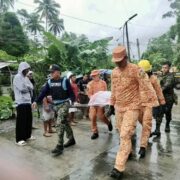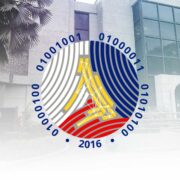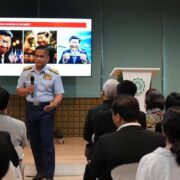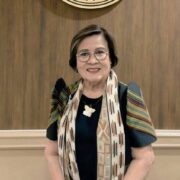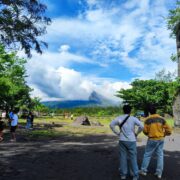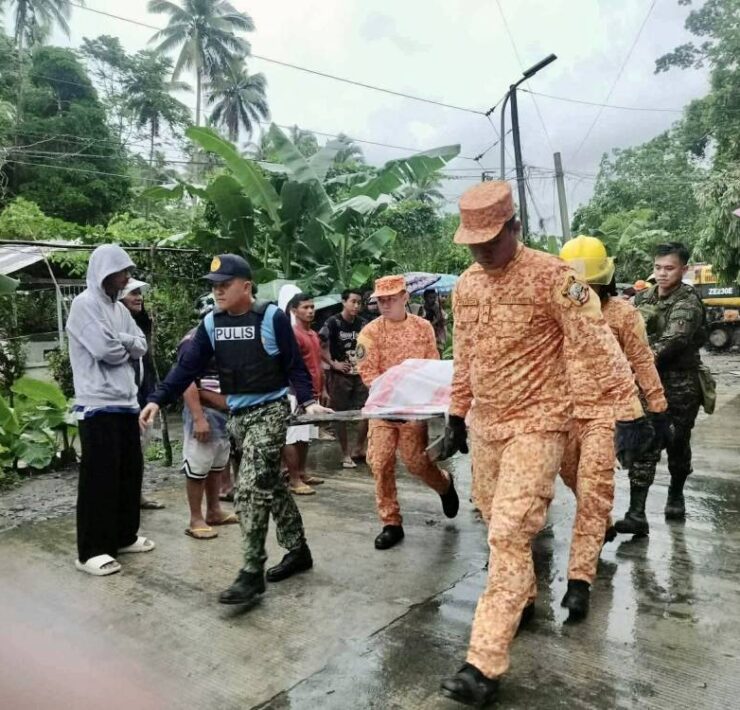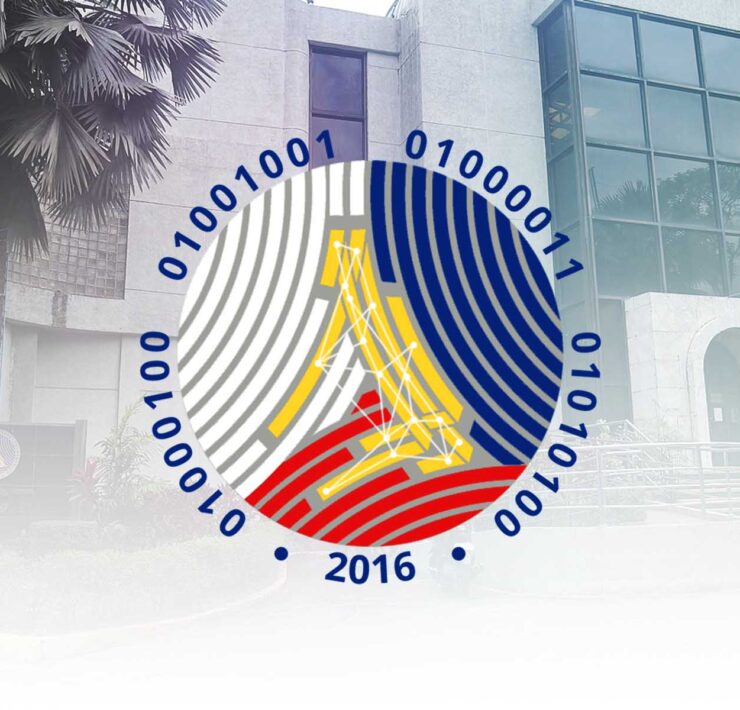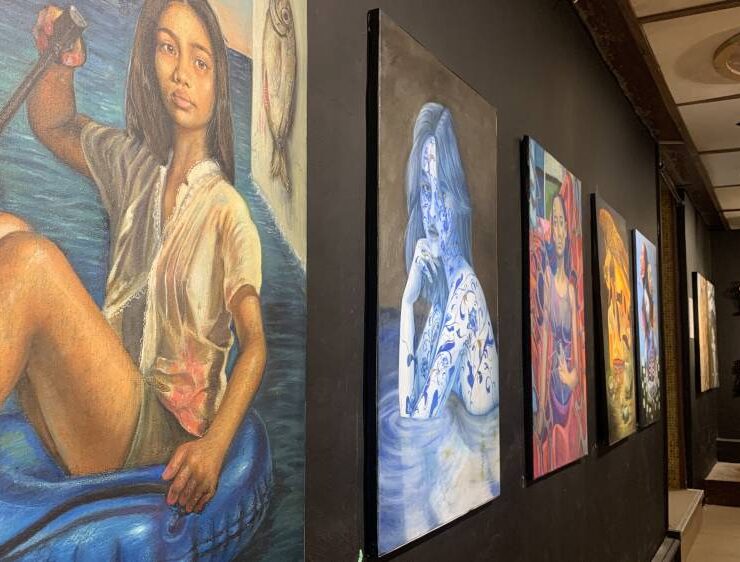DOJ: Sexual exploitation tops PH trafficking cases

Sexual exploitation remains the most common form of human trafficking in the Philippines, followed by labor trafficking and illegal adoption, according to the Department of Justice (DOJ).
“The most prevalent here in terms of cases and detection is really sex trafficking—especially online sexual abuse and exploitation of children (Osaec),” Justice Undersecretary Nicholas Felix Ty told the Inquirer in a recent interview.
Based on data from the Inter-Agency Council Against Trafficking (Iacat), a total of 153 individuals were found guilty and penalized for trafficking-related offenses in 2024.
Of the convictions, 110 were for sex trafficking—including 43 involving Osaec—while 38 others were for labor trafficking and five for illegal adoption.
In the 2024 Trafficking in Persons Report of the US Department of State, in which the Philippines maintained its Tier 1 ranking for fully meeting minimum standards to combat trafficking, a total of 890 identified victims were recorded.
Sex trafficking victims accounted for the majority at 545 (311 women and 167 girls, 46 men and 21 boys), followed by labor trafficking victims at 345 (158 women and 23 girls, 147 men and 17 boys).
‘Hidden crime’
Ty noted that while it was difficult to determine the true extent of the problem since trafficking is typically “a hidden crime,” Osaec and sex trafficking are clearly on the government’s radar and “where we have a lot of capacity and operations.”
While the rise of technology has worsened the exploitation of children and facilitated labor trafficking through fake job offers, holding online platforms accountable remains a major challenge.
Justice Assistant Secretary Dominic Clavano IV, however, told the Inquirer that a legal framework is already in place to outline the responsibilities of internet intermediaries in addressing trafficking.
“We believe the law isn’t being fully implemented. It’s as if the letter of the law and its rules are being ignored. The problem is, these are international companies, and there’s a lot of internal bureaucracy and red tape that allow them to continue their practices even with government pushback,” he said.
What would be ideal is for these social media to have an efficient system to verify the identities of users, Clavano added.
“Like banks’ ‘Know Your Customer’ process, so we can confirm if a user is a real person. That’s where the danger lies. When someone uses a fake identity or is a completely made-up persona, that’s when our fellow Filipinos fall victim. And it also hampers the government’s ability to hold perpetrators accountable, because we can’t trace them. These platforms also refuse to give us information,” he said.
Information drive
While government coordination with large social media platforms is ongoing, both Ty and Clavano stressed the importance of ramping up public education on the issue.
“You need to understand what the crime is in order to detect it. On Facebook, for example, some people may not recognize what legitimate job offers look like, or what counts as a scam. That’s the first step—to identify red flags. That’s what we want to drive into people’s minds so they themselves can take protective measures,” Clavano said.
Trafficking, also known as modern-day slavery, takes many forms. Under the law, it is defined by three core elements: acts, means and purpose.
Ty explained that acts of trafficking are not limited to transporting or harboring victims; simply employing someone under coercive or exploitative conditions may already qualify as such.
Traffickers may also use various means such as force, threats, intimidation, coercion, or fraud to gain the victim’s consent.
“And then you have the purpose which can be sex trafficking, labor trafficking or organ trafficking but within those general purposes, there are many kinds as well. But to keep it simple, we just say that it’s exploiting the vulnerabilities of individuals for purposes of sex, labor or organ trafficking,” Ty said.
“Those vulnerabilities can come in many forms. Usually it’s poverty or sometimes it can be minorities in age, or being part of the minority group. Disability can be a form of vulnerability,” he added.
Since 2020, Iacat’s dedicated 1343 hotline has received thousands of reports, but only a small portion has translated into actual cases.
In 2024 alone, the hotline logged 1,888 calls although only 52 cases were verified, involving a total of 22 assisted victims.
Beyond the helpline and public awareness campaigns, Iacat is also enhancing its surveillance and screening processes at ports of entry and exit.
In 2024, the Bureau of Immigration barred 137 registered sex offenders from entering the Philippines.
It also deferred the departure of 29,776 Filipino passengers out of over 8.49 million, due to incomplete or fraudulent travel documents.
Clavano stressed the need for front-line immigration officers to be trained in spotting potential trafficking victims, warning that government resources are more strained when rescue efforts must be carried out overseas.
“They’re more vulnerable there—imagine being outside your own country. They no longer have the protections of their home government. And even the host government may not easily identify the victims,” he said.




